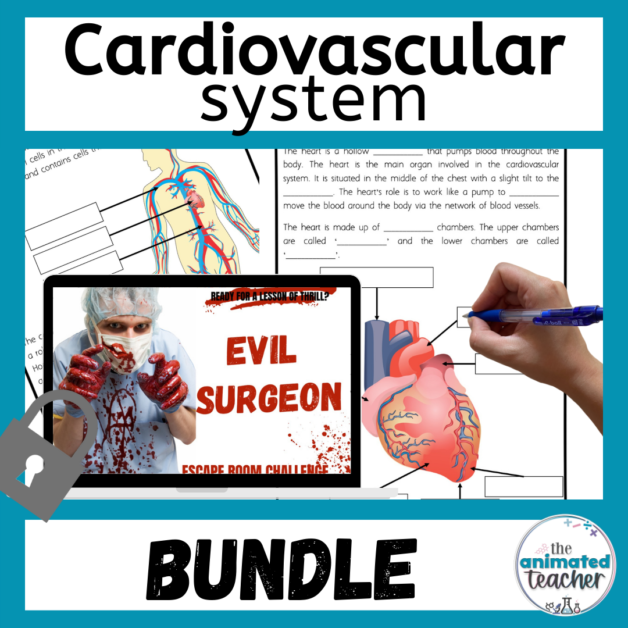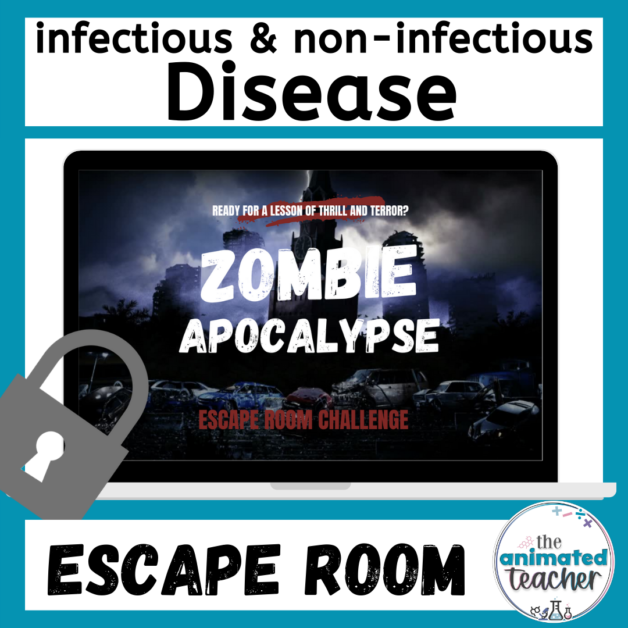
best printable high school science worksheets with answers
best printable high school science worksheets with answers
Being a teacher is hard work. These days I know when I am under the pump that it is time to invest in some printable worksheets. But… I NEVER purchase any that don’t include the answer key!
To help save you time, I’ve put together a list of my favorite printable high school science worksheets WITH answers! So lesson plan quickly and with confidence with these great resources and ready to go science lessons.
These science education worksheets are the perfect way to reduce your preparation time and provide students with high quality learning materials that they can also refer back to later for study guides.
Each of these high school science worksheets are designed to support high school students in creating notes, practicing skills, and developing their understanding of key science concepts and ideas.

Printable high school science worksheets
These printable science worksheets include a range of scientific topics such as earth science, the human body, the periodic table, chemical reactions, atomic structure, states of matter, organic chemistry, the rock cycle and more. This collection of science worksheets covers a range of printable worksheets, from crossword puzzle, to station worksheets, to printable science labs and cut and paste activities. They are also a great way to leave a cover lesson when you are unwell or absent from school.
Help students understand difficult scientific concepts with these age appropriate printable science worksheets.
- Each of these high school science worksheets are provided in pdf format for easy printing.
- Each of these complete worksheets contains the teacher answer key.
On this page:
- Sub Lesson Plans and worksheets
- Chemistry Worksheets
- Biology Worksheets
- Earth & Environmental Science Worksheets
- Crosswords
- Scientific method worksheets
Want some free high school science worksheets? Click here to see the FREE worksheets.
Sub Lesson Plans and worksheets
High School Science Worksheets: Chemistry
-

Simple Ionic bonding worksheets with answers pdf
$7.99 -

Simple Covalent Bonding Worksheets Lewis Electron Dot Structures
$9.99 -
Sale!

ionic and covalent bonds worksheets with answer key chemistry
Original price was: $17.98.$13.99Current price is: $13.99. -
Sale!

Organic chemistry workbook pdf and teacher answers
Original price was: $59.00.$39.00Current price is: $39.00. -

isotope notation worksheet FREE
$0.00 -

Chemistry acid-base titration worksheet booklet and labs
$14.99 -

Intermolecular forces doodle notes & slides
$4.99 -
Sale!

chemical bonds doodle notes: intermolecular and intramolecular
Original price was: $9.98.$7.98Current price is: $7.98. -

Fun Acid-Base Titrations Color by Number
$2.50 -

Practice molarity calculations worksheet color by number
$2.50 -

FREE naming ionic and covalent compounds crossword worksheet
$0.00 -
Sale!

Module 6 HSC Chemistry Worksheets: acid-base reactions
Original price was: $59.00.$39.00Current price is: $39.00.
Biology worksheets
-
Sale!

Body Systems Worksheets, Stations and Activities Bundle
Original price was: $47.93.$38.33Current price is: $38.33. -

The Musculoskeletal System Worksheet Stations
$6.99 -

Engaging Cardiovascular System Worksheet Stations
$6.99 -

The Nervous System Worksheet Stations
$6.99 -

The Reproductive System Worksheet Stations
$6.99 -

The Excretory System Worksheet Stations
$5.99 -
Sale!

Body Systems Activities Ultimate Mega Bundle
Original price was: $92.46.$60.05Current price is: $60.05. -
Sale!

Awesome body systems crossword bundle x 8
Original price was: $12.00.$9.60Current price is: $9.60. -
Sale!

Digestive and excretory system worksheets with answers and 3 activities
Original price was: $12.98.$11.68Current price is: $11.68. -

Anatomy of the Heart Label and Color pdf
$0.00 -

Punnett square worksheets differentiated with answers
$3.50 -

Genetics pedigree worksheet with answer key pdf
$4.99
Earth & Environmental Science Worksheets
-

Renewable and nonrenewable activity for middle school (9 stations)
$5.99 -

global warming reading comprehension worksheet and questions
$3.00 -
Sale!

3 science reading comprehension worksheet bundle
Original price was: $9.00.$7.20Current price is: $7.20. -

superposition and laws of stratigraphy worksheets folding and faulting
$4.99
Science Crosswords
-
Sale!

Awesome body systems crossword bundle x 8
Original price was: $12.00.$9.60Current price is: $9.60. -

St Patricks Day Science Crossword Scientific Method
$1.50 -

Science Easter Crossword and Worksheet Scientific Method
$3.00 -
Sale!

Easy Easter Science Activity Bundle
Original price was: $7.99.$5.50Current price is: $5.50. -

Scientific method crossword puzzle with answers
$1.50 -

FREE naming ionic and covalent compounds crossword worksheet
$0.00 -

plant and animal cells crossword puzzle printable
$1.50 -

Science Halloween Crossword Scientific Method Printable with Answers
$1.50
Scientific Method Worksheets
-

Science Valentines Day Worksheet 10 scientific variables scenarios
$3.00 -

Fun Scientific Variables Worksheet Printable Train your Pet Dragon
$3.00 -

Spooky Scientific Variables Worksheet Halloween Theme
$3.00 -

Easy Science Sub Lesson Plan Scientific Method
$3.99 -

scientific method color by number worksheet
$2.50 -

Scientific method crossword puzzle with answers
$1.50 -

Famous Scientists Worksheet Stations Emergency sub lesson plan
$4.99 -

Science Einstein Puzzle for Critical Thinking
$3.00 -

Science lab safety lesson and lab safety contract
$5.99 -

halloween science color by number scientific method
$2.50 -

science halloween escape room digital activity
$4.99
Conclusion
High school science worksheets are a great resource to have for your classes. They can provide well structured questions and activities for your students while saving you hours of preparation time.
Which of these high school science worksheets are your favorite?

Katrina is a multi-award winning educator from Sydney, Australia who specialises in creating resources that support teachers and engage students.
See the quality and browse her best selling resources below on either The Animated Teacher website or on Teachers Pay Teachers:












